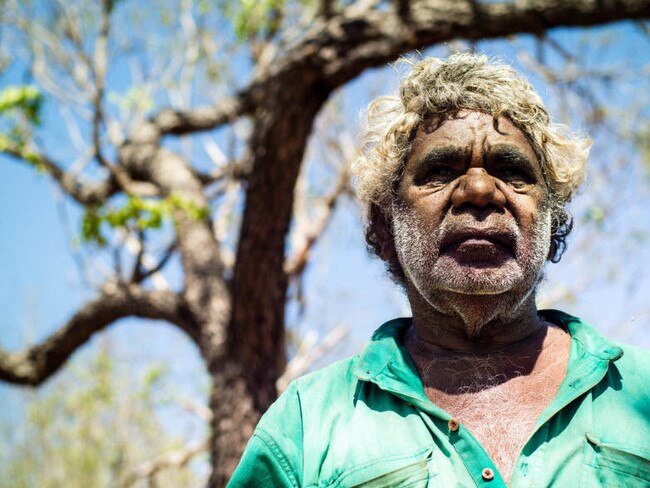McArthur River Mine security bond claims thrown out of court
The NT government and one of our biggest miners have had a significant victory in court. Read how the judge ruled on a challenge by environmentalist and traditional owners.

Business
Don't miss out on the headlines from Business. Followed categories will be added to My News.
A move by environmentalists to overturn an NT government decision to cut a rehabilitation bond at the McArthur River Mine has been thrown out by the Supreme Court.
The Environment Centre NT and Traditional Owners challenged the 2020 decision by Mining Minister Nicole Manison to reduce the mine’s rehabilitation bond from $520m to $400m.
But Supreme Court justice Judith Kelly on Friday dismissed the application, finding the minister conducted her duties in accordance with the Mining Management Act.
“The plaintiffs have failed to establish that the decisions of the minister which have been challenged in this proceeding have not been made in accordance with the mandatory requirements in the Act or that the decisions are unreasonable,” she said.

“The minister made a bona fide effort to fix the security in an adequate amount in accordance with the method of calculation mandated by (the Act).
“The minister did not apply the wrong test, and did not fail to take into account any considerations mandated by the Act.”
Justice Kelly also rejected a bid to overturn Ms Manison’s approval of an amended mine management plan which included changes to the mine’s waste rock overflow dump and open cut pit.
Mine operator Glencore welcomed the decision.
“McArthur River Mine will continue to comply with all our legal and regulatory obligations,” the company said in a statement.
Ms Manison also welcomed the decision and the completion of the legal action.
“The McArthur River Mine remains the most regulated and scrutinised mine in the Northern Territory to give Territorians confidence in their management of the environment,” she said.

ECNT director Kirsty Howey said the ruling was “a devastating decision for taxpayers, a failure of mining regulation, and a disaster for anyone who lives in an area affected by mining“.
“What this means is that mining companies don’t have to pay a security bond which reflects the actual lifetime cost of rehabilitating a site, and nor do they need a closure plan for the end of mine life,” she said.
The case was launched by Gudanji woman Josephine Green and her husband and Garawa elder Jack Green, who live in Borroloola, about 60km from the mine site.
Ms Green said the decision left her “sad for our people, the land and our country”.
“The government made a decision that could affect our people for thousands of years,” she said.
“If the mine walks away now, that river will be gone, and so will we.”
Meanwhile, environmentalists are also involved in a number of cases designed to put the brakes on other developments in the NT.
The Arid Lands Environment Centre has challenged plans to develop a market garden at Singleton Station in Central Australia and injunctions have forced Santos to pause drilling at the Barossa gas project in the Timor Sea.





